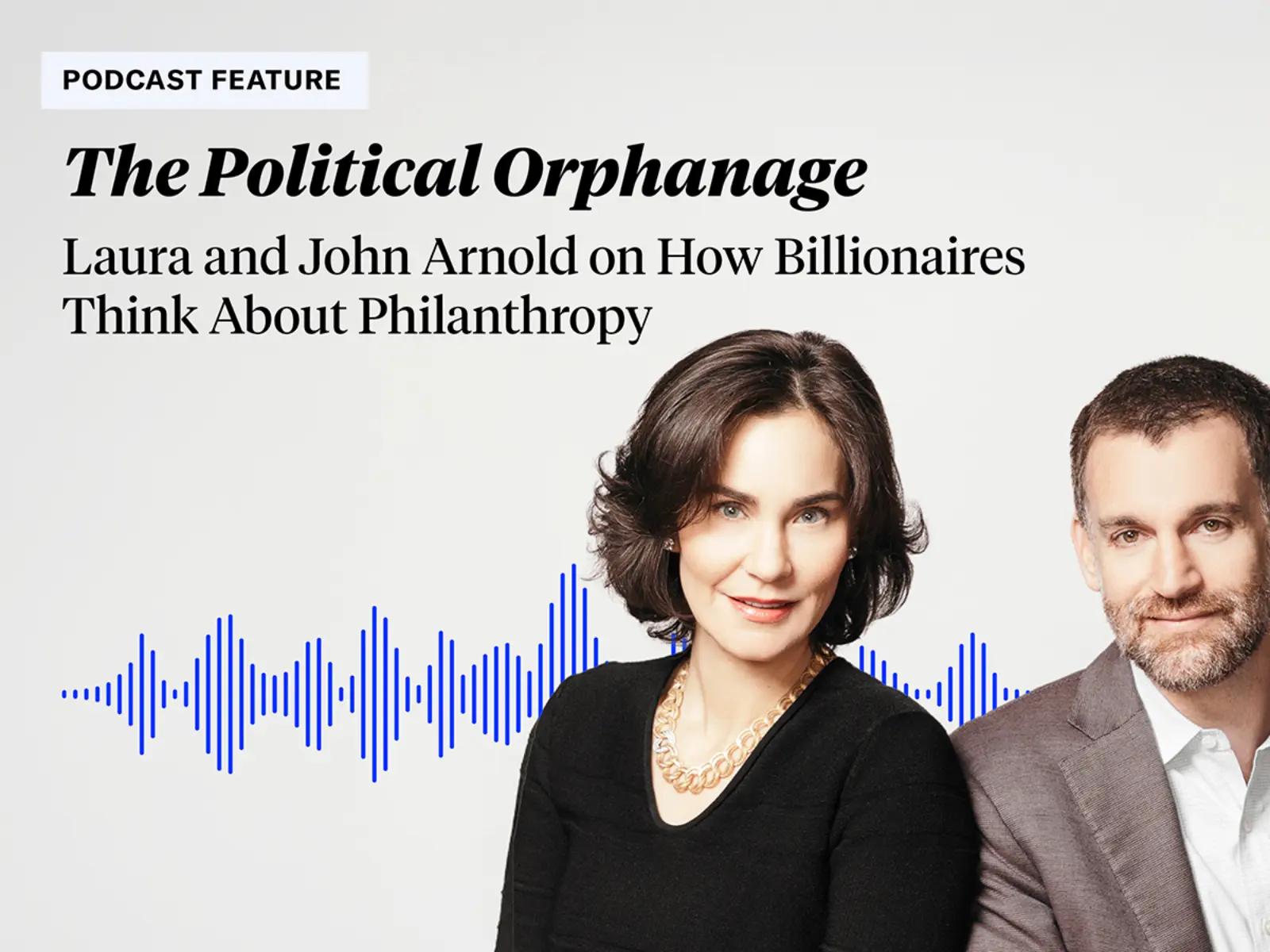Grant Recipient: University of Chicago Urban Labs
Term: 2019 –2022
Principal Investigator: Max Kapustin, Ph.D., University of Chicago
Nour Abdul-Razzak, Ph.D., University of Chicago
Summary: This project is a randomized controlled trial (RCT) of Youth Advocate Programs’ (YAP) community-based intensive mentorship and “wraparound” support program. YAP’s year-long programming helps at-risk youth in Chicago re-engage in school and avoid contact with the criminal justice system. The program pairs youth with a dedicated mentor (“advocate”) who is on call 24⁄7 to provide mentoring and “wraparound” support services. These services are aimed at helping youth meet basic needs (transportation, clothes, etc.), helping them reconnect with school and succeed in the classroom, and providing motivation and direction toward completing larger goals such as employment or college. Advocates often come from the same neighborhoods as the youth and have confronted many of the same challenges. Advocates develop strong trusting relationships with youth outside of school, helping them address their diverse needs and supporting youth in achieving their long-term goals.
While the YAP program has not yet been evaluated as part of an RCT, components of the program model are backed by promising evidence from prior RCTs. These include: (i) an RCT of Big Brothers Big Sisters (a community-based mentoring program for disadvantaged youth) which found promising reductions in violent behavior and substance use; (ii) an RCT of Becoming a Man (a Cognitive Behavioral Therapy intervention for high-risk young men) which found promising reductions in arrests and arrests for violent crimes; and (iii) an RCT of the Quantum Opportunities Program (an after-school program that offered mentoring services and educational services to low-income youth) which found promising increases in high school graduation.
Under this project, researchers will recruit a sample of approximately 1,300 youth from two Chicago neighborhoods who are at risk for violence involvement or academic disengagement (e.g., youth who are gang-affiliated, on juvenile probation, chronically truant, and/or a victim of, or witness to, traumatic violence). Half of the students will be randomly assigned to be offered YAP services while the other half will not receive an offer of YAP services. The researchers will use administrative data from the Chicago Public Schools (CPS) and the Chicago Police Department (CPD) to measure the effects of YAP on (i) whether youth remain enrolled in, or complete, high school; and (ii) the number of youth arrests for violent offenses. Both outcomes will be assessed over the two years following random assignment.
The study’s pre-specified pre-analysis plan is linked here.













